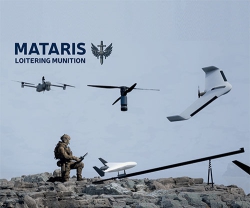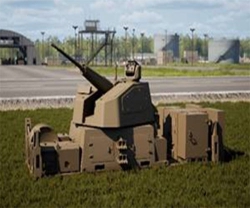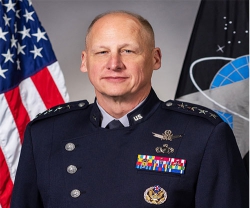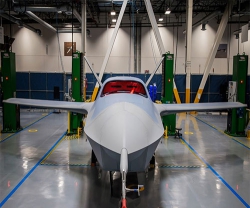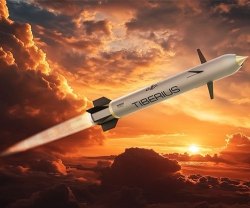The X-59 experimental supersonic aircraft, built by Lockheed Martin Skunk Works® and NASA Aeronautics, was selected as one of TIME’s “Top Inventions of 2023” in the Transportation category.
Every year for over two decades, TIME editors have highlighted the most impactful new products and ideas in TIME’s Best Inventions issue. Nominations are judged on several key factors, including originality, efficacy, ambition and impact.
The one-of-a-kind X-59 was chosen based on these factors as it is designed to transform the future of commercial supersonic flight over land, addressing one of the most persistent challenges of advancing aviation– quieting the sonic boom.
The X-59 is the centerpiece of NASA’s Quesst mission. It will be flown over communities across the United States and response data from these flights will be collected on the acceptability of a quiet sonic thump generated by the unique design of the aircraft. The data will help NASA provide regulators with the information needed to establish an acceptable commercial supersonic noise standard to repeal the current ban on commercial supersonic travel over land.
This breakthrough will open the door to an entirely new global market for aircraft manufacturers, enabling passengers to travel anywhere in the world in as little as half the time it takes today.
Early next year, the X-59 will be unveiled to the public at a rollout ceremony in Palmdale, California, before the aircraft takes its first flight later in the year.
The National Aeronautics and Space Administration (NASA) explores the unknown in air and space, innovates for the benefit of humanity, and inspires the world through discovery.
Headquartered in Bethesda, Maryland, Lockheed Martin Corporation is a global security and aerospace company that employs approximately 116,000 people worldwide and is principally engaged in the research, design, development, manufacture, integration and sustainment of advanced technology systems, products and services. (Photo: Artist’s rendering of the X-59 experimental supersonic aircraft © Lockheed Martin)



